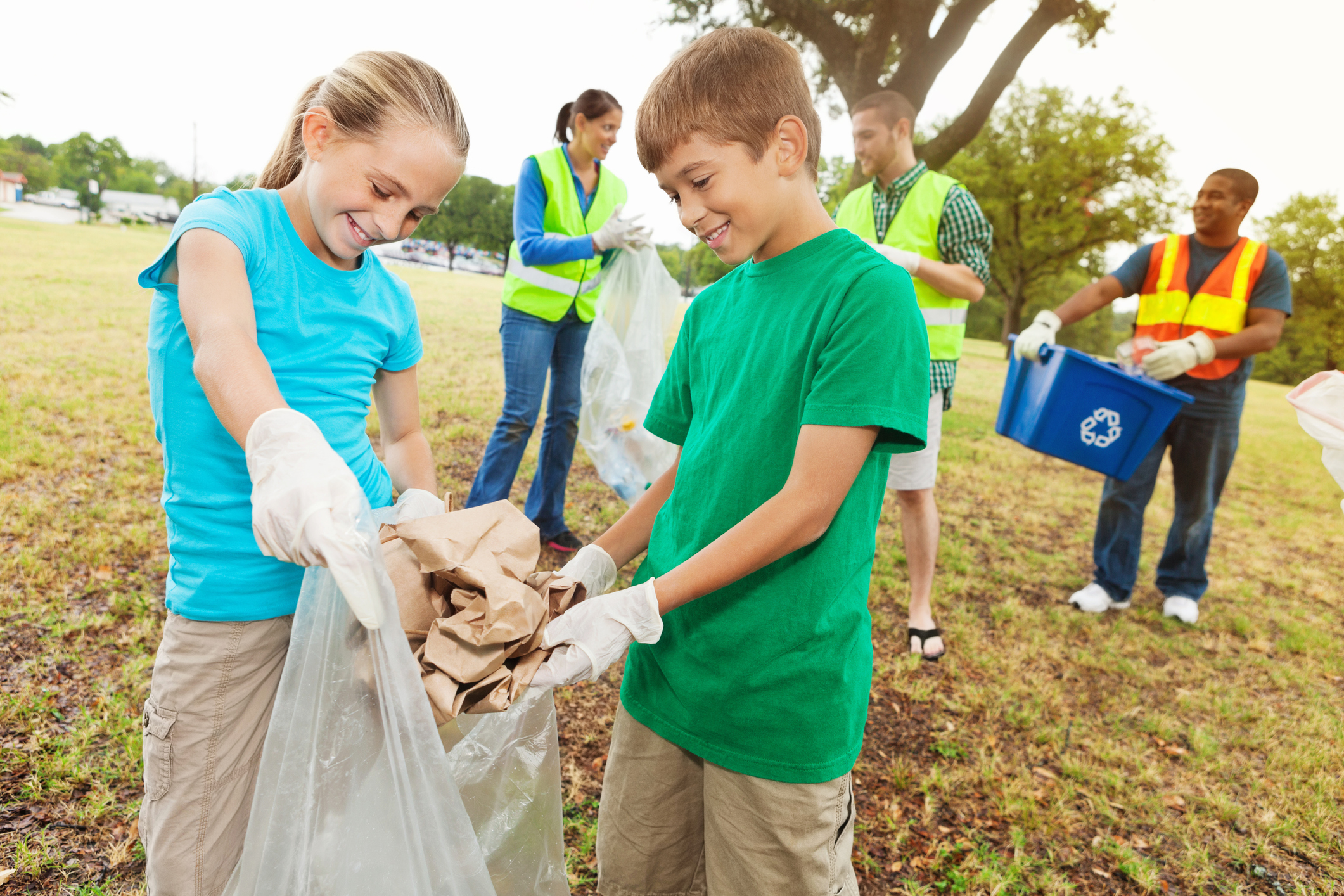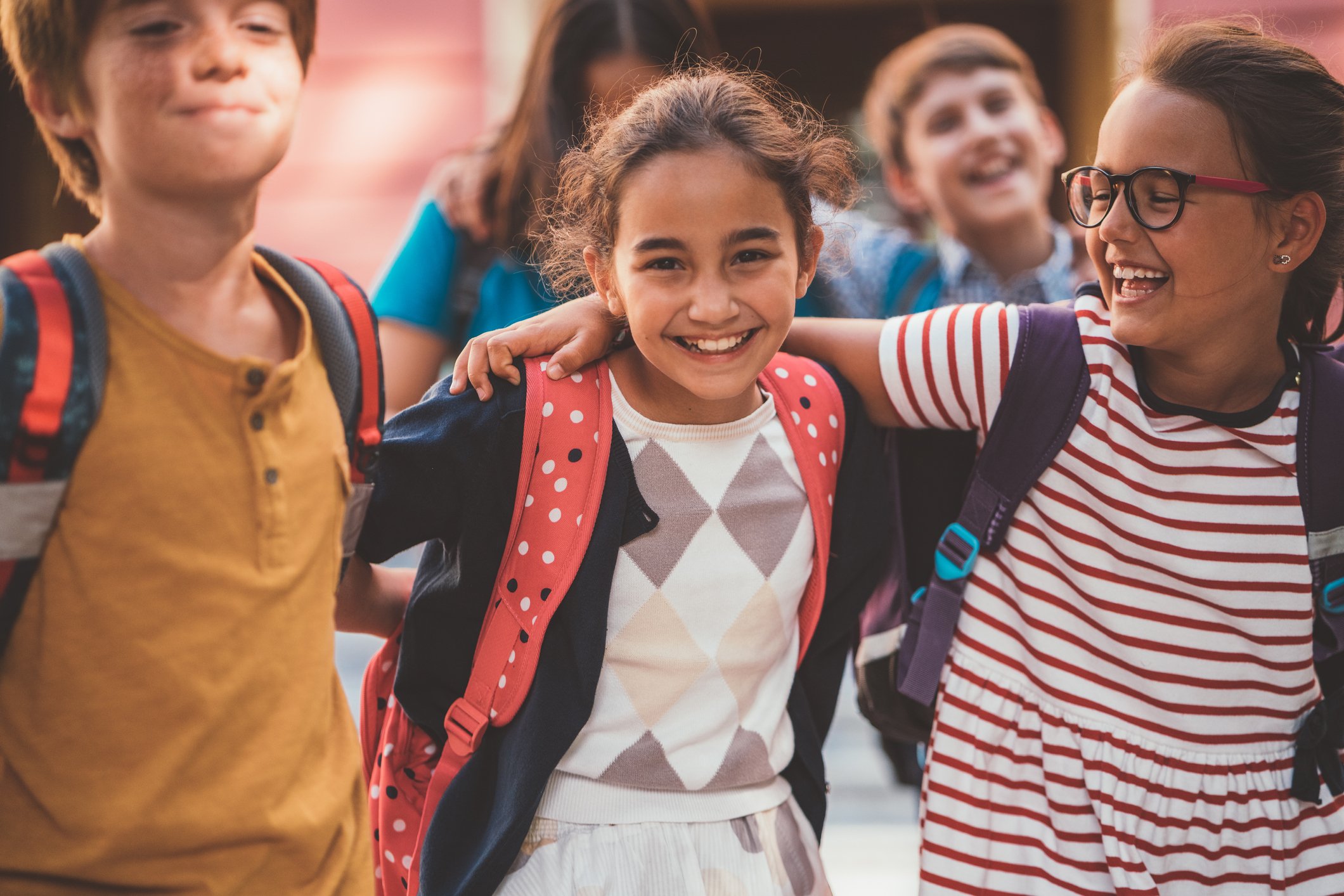
The world has changed; many of us no longer feel comfortable and have yet to return to our pre-pandemic “normal.” We live differently with masks, address life differently in our workplaces, and attempt to refocus on what matters most: our safety and our health.
The pandemic has shifted how we treat one another. Jobs are scarce in some industries, and in others, those who are employed battle with the threat and risk of coronavirus every day to continue to serve others and ensure that a sense of normalcy prevails. We have all been affected by COVID-19 in some form or fashion, whether we have been infected with the virus and become ill ourselves, know someone who contracted it whom we had to support because they were incapacitated, or have lost a family member, friend, student, or community member during these trying times.
Whatever the case may be, our lives will no longer be same. The human race is what makes life beautiful and possible; as history has told, humanity has survived for several centuries under conditions that some state were unlivable, but we prevailed. Pandemics are not new to the human race. We have survived with tenacity, assertiveness, and persistence. We believed that we had a purpose, and that purpose was not self-serving but to support others. There is no way we could make it on this earth by just isolating who we are and living. In these times, we must support one another more for our mental, physical, and emotional health in order to become stabilized as well for us to right the ship of despair, anxiety, and anguish and to come back stronger so that our survival isn’t merely an existence.
It starts with this generation: our children. The ones who have been hit hardest by this pandemic and may not recover if we do not support their needs. Here are three ways we can help them discover their inner potential.

1. Service Projects
Help students to create service projects that allow them to visualize and develop ideals that support themselves and their communities. Help students to define what it means to give back to others. This can be starting a food bank at their school, developing a recycle, reuse, reproduce collection station in the community, or even forming “talk it out” groups to help those who are feeling anger, anguish, isolation, and despair during this pandemic.
2. Social Emotional Learning
Students need to gain a sense of normalcy in their lives. Sports activities are being canceled; band, chorus, and theatrical productions are being placed on hold; and the connectivity and socialization that these activities promote have been stifled. Teachers can actively, and with validity, recreate a social environment by implementing social-emotional learning activities in their classrooms. Teachers can engage students in group sessions that allow free expression and communication so students feel they have a voice and can embody being heard and being respected.
3. Parent-Teacher Collaboration and Extracurricular Clubs
The pandemic has created a sense of isolation and indifference with students. Students and their families have had to quarantine for periods as long as thirty days. How can the connectivity be recreated? Build community and camaraderie. This can be accomplished by having activities that include the students and their parents. PTO fall, winter, and spring fundraisers, bake-offs, and festivals can bring everyone together for one cause. Extracurricular clubs like Beta, 4-H, the National Junior Honor Society, and even Junior Achievement programs can help students and parents work on projects together to help build relationships that promote self-confidence and awareness.
As schools continue to progress toward a state of “new normalcy,” we are beginning to realize and recognize the after math and fallout of this pandemic. We cannot allow the isolation, despair, and depression to overrule our most precious commodity: our students. Our students are the future. We must place more time and energy into ensuring that we protect them.
Our human need is to socialize and be a part of a group. The importance of ensuring that this takes place must be intentional and consistent. The survival of the human race depends on it.
Seeking more professional learning resources?
See what our professional learning department can do for your teaching
Sheree Turner, Ph.D. is a Master Teacher Leader in an Urban School district in Atlanta. She is certified in Middle Grades Social Studies, Gifted Learner Endorsed and Reading Endorsed. Her area of interest is ensuring Social Studies does not become extinct in the 21st century classroom.
